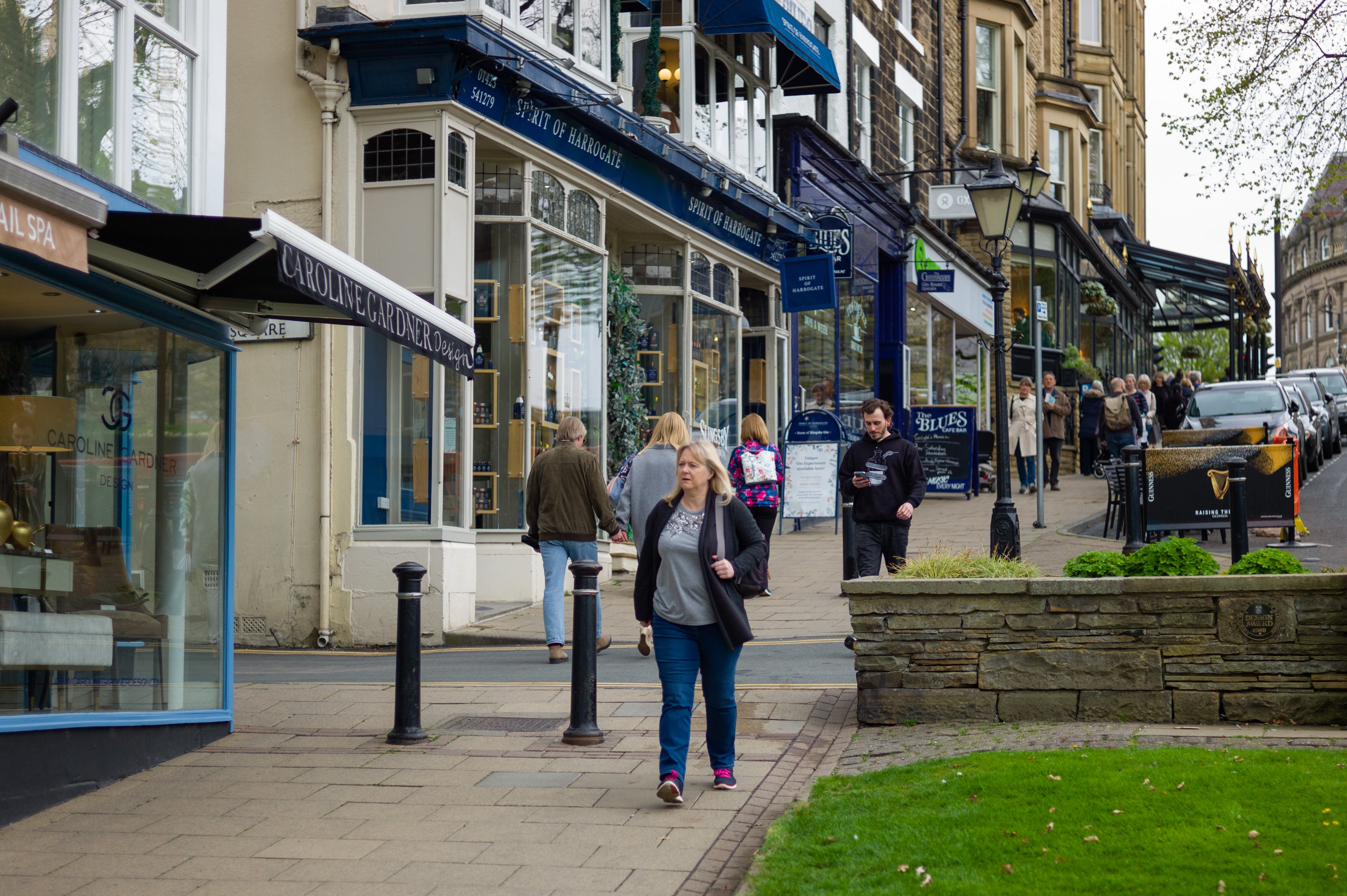Fast walking may slow down ageing, study suggests
The research said that fasting walking adults could reduce their markers of age by as much as 16 years by midlife

Walking at a fast pace could take years off your biological age, a new study suggests.
Scientists analysed data from more than 405,000 Britons that revealed a clear link between walking speed and leucocyte telomere length, an indicator of biological age.
The research said that fasting walking adults could reduce their markers of age by as much as 16 years by the time they get to middle age, compared to slower plodders.
Active participants in the study had longer telomeres, which are caps at the end of each chromosome, which contain sequences of non-coding DNA that protect the chromosome from damage, similar to how a cap at the end of a shoelace stops it unravelling.
Each time a cell divides, these telomeres become shorter – until a point where they become so short the cell can no longer divide. Scientists see the length of the telomere as a marker of biological age, independent of when someone was born.
Lead study author Dr Paddy Dempsey said: “Previous research on associations between walking pace, physical activity and telomere length has been limited by inconsistent findings and a lack of high-quality data.
“This research uses genetic data to provide stronger evidence for a causal link between faster walking pace and longer telomere length.
“Data from wrist-worn wearable activity tracking devices used to measure habitual physical activity also supported a stronger role of habitual activity intensity (e.g. faster walking) in relation to telomere length.
“This suggests measures such as a habitually slower walking speed are a simple way of identifying people at greater risk of chronic disease or unhealthy ageing, and that activity intensity may play an important role in optimising interventions.
“For example, in addition to increasing overall walking, those who are able could aim to increase the number of steps completed in a given time (e.g. by walking faster to the bus stop). However, this requires further investigation.”
While the relationship between the length of the telomere and disease is not fully understood, the build-up of senescent cells, where the telomere can no longer divide, is believed to contribute to a range of symptoms associated with ageing, such as frailty and age-related diseases.
For the study which is one of the first of its kind, the team looked at data from the UK Biobank, a huge database containing the health information of half a million Britons.
They compared genetic data with self-reported walking speeds and measurements of movement intensity from wearable activity tracking devices worn by participants.
Researchers from the University of Leicester have previously shown that just 10 minutes of brisk walking a day is associated with a longer life, and that fast walkers can live for up to 20 years longer than those going slowly.
The study’s senior author Professor Tom Yates said: “Whilst we have previously shown that walking pace is a very strong predictor of health status, we have not been able to confirm that adopting a brisk walking pace actually causes better health.
“In this study we used information contained in people’s genetic profile to show that a faster walking pace is indeed likely to lead to a younger biological age as measured by telomeres.”
The findings were published in the journal Communications Biology.






Join our commenting forum
Join thought-provoking conversations, follow other Independent readers and see their replies
Comments